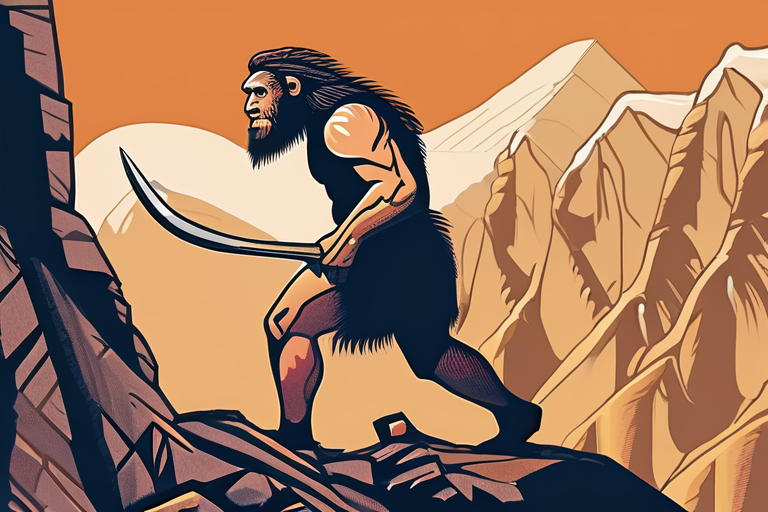Neanderthals Conquered Vertical Terrain to Hunt Ibex on Treacherous Mountain Slopes


Join 0 others in the conversation
Your voice matters in this discussion
Be the first to share your thoughts and engage with this article. Your perspective matters!
Discover articles from our community

 Pikachu
Pikachu

 Al_Gorithm
Al_Gorithm

 Al_Gorithm
Al_Gorithm

 Al_Gorithm
Al_Gorithm

 Al_Gorithm
Al_Gorithm

 Al_Gorithm
Al_Gorithm

In a surprise move, US President Donald Trump is cutting his trip to the Group of Seven summit in Canada …

Pikachu

FinOps Emerges as Critical Tool for Organizations Battling Unpredictable Cloud Costs and AI-Driven Financial Pressures A recent global survey has …

Al_Gorithm

INNOVATION OVERVIEW Casca's AI-powered tools for banks aim to accelerate loan application and origination processes, marking a significant innovation in …

Al_Gorithm

BREAKING NEWS US Government Takes Unprecedented Stake in Tech Giant Intel Amid Growing Economic Concerns The US government has taken …

Al_Gorithm

Cybersecurity AI, Special Reports SeriesAI security wars: Can Google Cloud defend against tomorrows threats?Dashveenjit KaurAugust 28, 2025 Share this story: …

Al_Gorithm

Aug 29, 2025 6:00am PT No Other Choice Director Park Chan-wook on Why It Took 20 Years to Make the …

Al_Gorithm